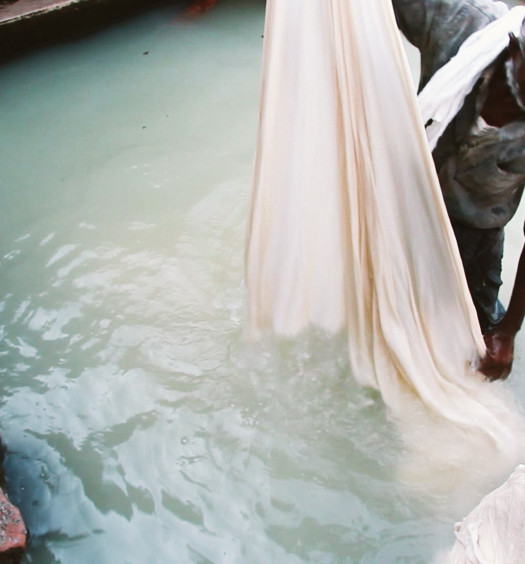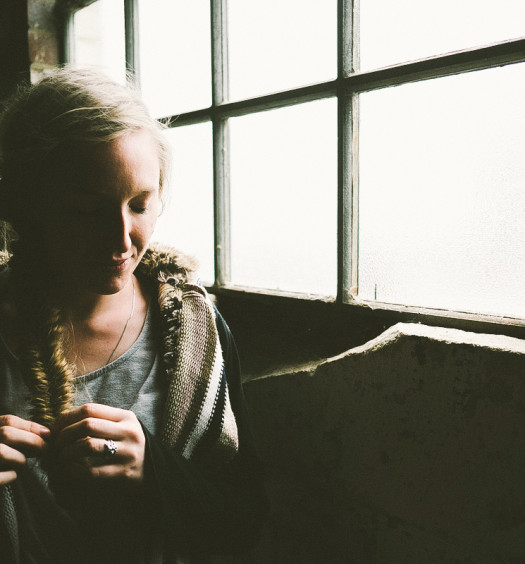The Kula Project On Why Listening Creates Powerful Opportunity For Farmers in Rwanda
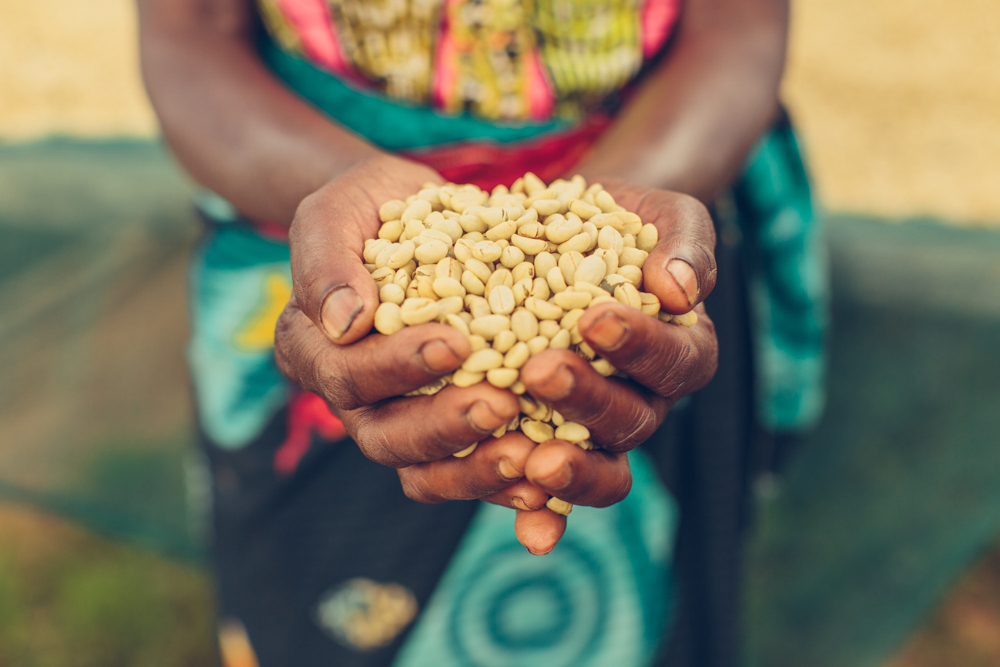
Images: The Kula Project
“The reason I think poverty is still where it is is because we do not listen.”
-Sarah Buchanan, Co-Founder of Kula Project
By definition, The Kula Project is a charity. It’s registered as a 501(c)3, and it was created to help people in need. The organization provides an opportunity for coffee farmers in developing countries, primarily Rwanda. The resources The Kula Project provides allows these individuals to start their businesses, provide for their families, and enhance the wellbeing of their communities.
However, The Kula Project doesn’t operate like most charities. Co-Founder Sarah Buchanan calls Kula “a listening organization.”
It launched in 2012 with the idea that many of the world’s problems and challenges could be solved by actually listening to the people the organization is attempting to help.
Because unfortunately, what often happens is this: Westerners, with all the best intentions, bring their wave of ideas to an impoverished area with a “we can fix this” mindset. We tend to think that since we have Google and are coming from somewhere, that’s significantly more developed, we can teach these communities something they need to know to succeed. However, in reality, the people living in these developing nations are the ones who truly know what is necessary, and Western assumptions are wrong.
Sarah admits that during The Kula Project’s first two years, she and her team members weren’t the best listeners. They went to a couple of different countries and tried to implement several ideas that would help empower coffee farmers to succeed, but nothing worked. It wasn’t until Sarah and her team stopped trying to come up with their own ideas and instead started listening to the farmers that they were finally able to create a sustainable system that works.
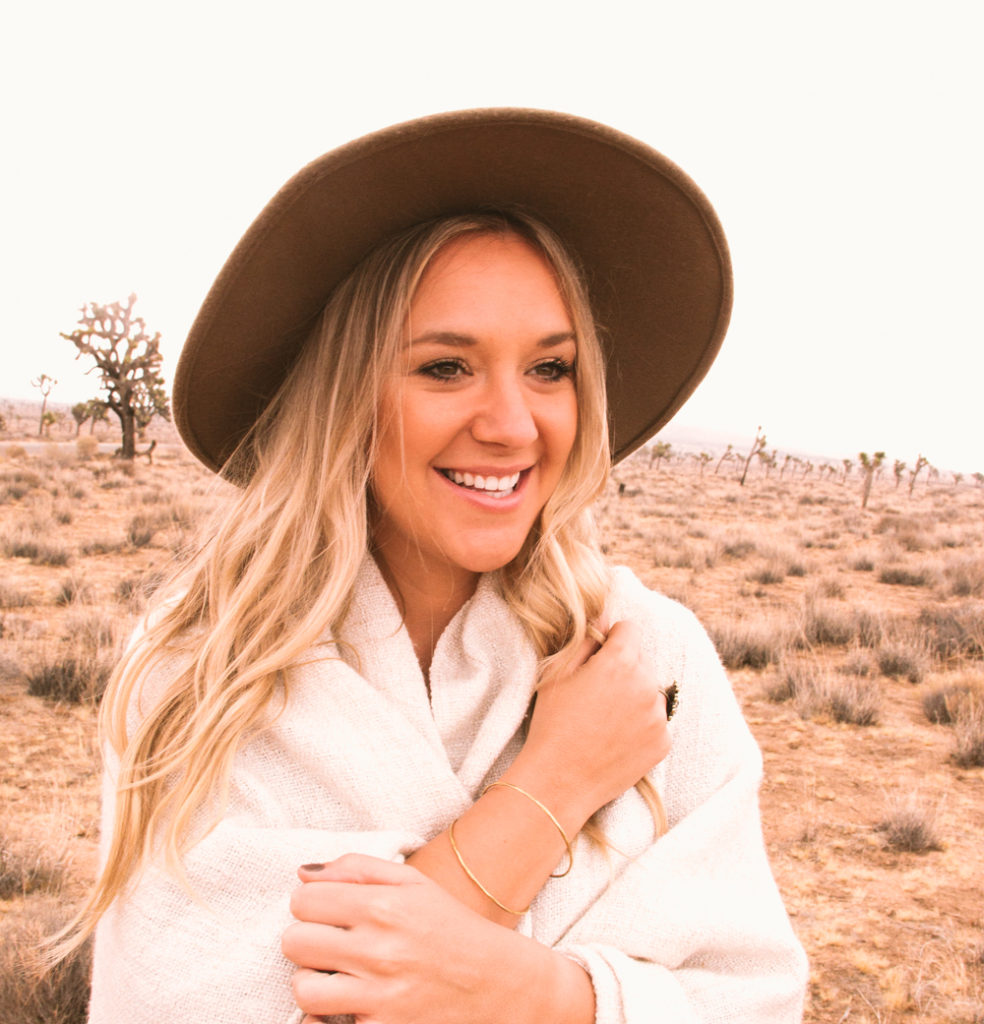
Sarah speaks about her amazement at the innovation and entrepreneurial spirit of the people she has grown to become friends with, specifically the female coffee farmers. She speaks about how they have incredible systems in place, systems that work efficiently and effectively, systems that use readily available resources and can change with the weather. These individuals are far from helpless or unintelligent. They are smart, they are inventive, and they are creative. They simply need help to get it all off the ground (much like we all do!).
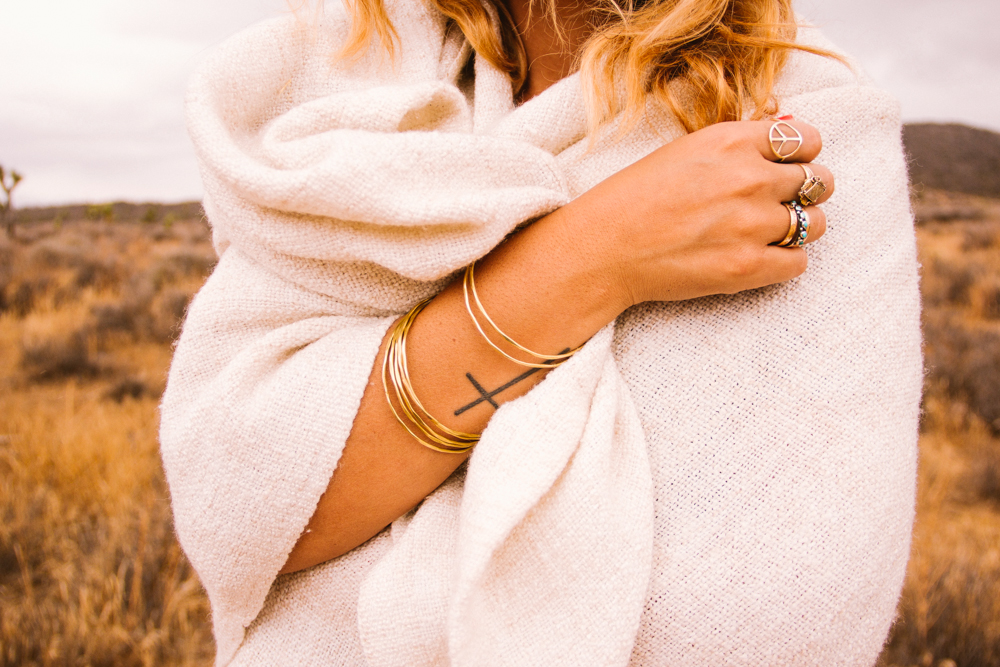
But over and over again, Sarah and her team heard the same thing: if the farmers had a coffee washing station, they could significantly increase efficiency and productivity, which would allow them to be able to buy things like dairy cows and coffee trees on their own. And despite Sarah’s fears, the team went for it. And guess what? They raised the money needed to build the station in just twelve days.
Completed in October, the coffee washing station supported the farmers’ efficiency and income to increase by up to ten times what it was before. The current plan is for a local cooperative to buy the station from Kula Project in the next five years, which again will increase sustainability and allow the community to transition to being completely dependent on themselves instead of outside help. Sarah says, “If we’re still there in five years, we didn’t do our job,” a mindset that isn’t typical of traditional charities, which mainly stay in business because people remain dependent on them.
And of course, Sarah would encourage the budding social entrepreneur always to listen, as much as possible. She suggests finding a way, whether through personal savings or fundraising, to spend a significant amount of time in the area you’re hoping to work to simply observe and ask questions. After all, what you think is the problem you’re trying to solve might turn out to be something completely different.
She also advises young entrepreneurs against starting something just because you want to be your own boss or because it’s trendy. Because the truth is: it’s hard. Really hard. You will put in a whole lot of time, passion, and energy, and the payoff is more often than not extremely slow. Sarah says she’s wanted to quit several times after three different ideas failed. Now, of course, Sarah is glad she stuck it out. Today, she can see that her hard work, sweat, and tears have paid off. The Kula Project helped over 2,500 coffee farmers this year and was able to hire even more workers for things like the building of the coffee washing station – an idea that Sarah at one point thought was much too big to carry out.
- Buy a coffee tree bracelet – for yourself or a holiday gift! They’re only $12, are handmade by artisans in Rwanda, and for every bracelet purchased, The Kula Project can fund one coffee tree for their farmers.
- Share The Kula Project with your family and friends and on Instagram, Facebook, and Twitter. If you or someone you know is an Instagram Influencer, the Kula Project team would love to discuss collaboration.
- Help the team get into contact with coffee buyers and roasters who care about ethical sourcing and would be interested in partnering with the coffee farmers.
- Give a donation in someone’s name as his or her holiday gift.
FROM THE EDITOR
At Conscious, we are inspired by stories that cause us to think differently and think big-picture and so we set out to tell stories with the help of leaders and influencers within the social good community. You can read more stories like this when you join as a member.

